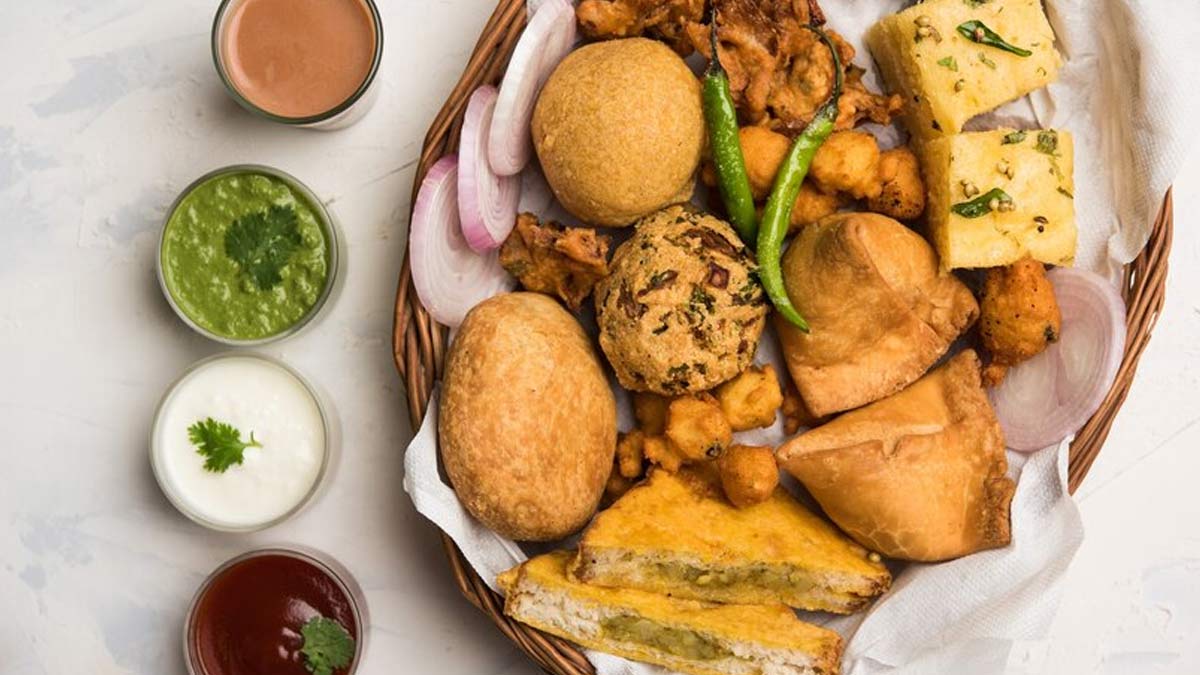Indian snacks are known for their vibrant flavors and enticing aromas. However, while they may delight our taste buds, many of these popular treats can wreak havoc on our health. Loaded with unhealthy fats, refined sugars, and sodium, these snacks can contribute to weight gain, high cholesterol, and other health issues. Here are five of the most unhealthy yet popular Indian snacks that you should avoid or at least consume in moderation.
1. Samosa
Samosas are a quintessential Indian snack, loved by many for their crispy exterior and savory filling. However, this deep-fried treat is far from healthy. A single samosa is packed with refined flour, potatoes, and sometimes even minced meat, all of which are deep-fried in oil. The frying process increases the calorie content significantly, and the refined flour (maida) has little to no nutritional value. Samosas contain trans fats and according to research, consuming it regularly can lead to weight gain, high cholesterol, and an increased risk of heart disease. If you’re craving samosas, consider baking them instead of frying, or opt for healthier fillings like mixed vegetables or lentils.
2. Pakoras
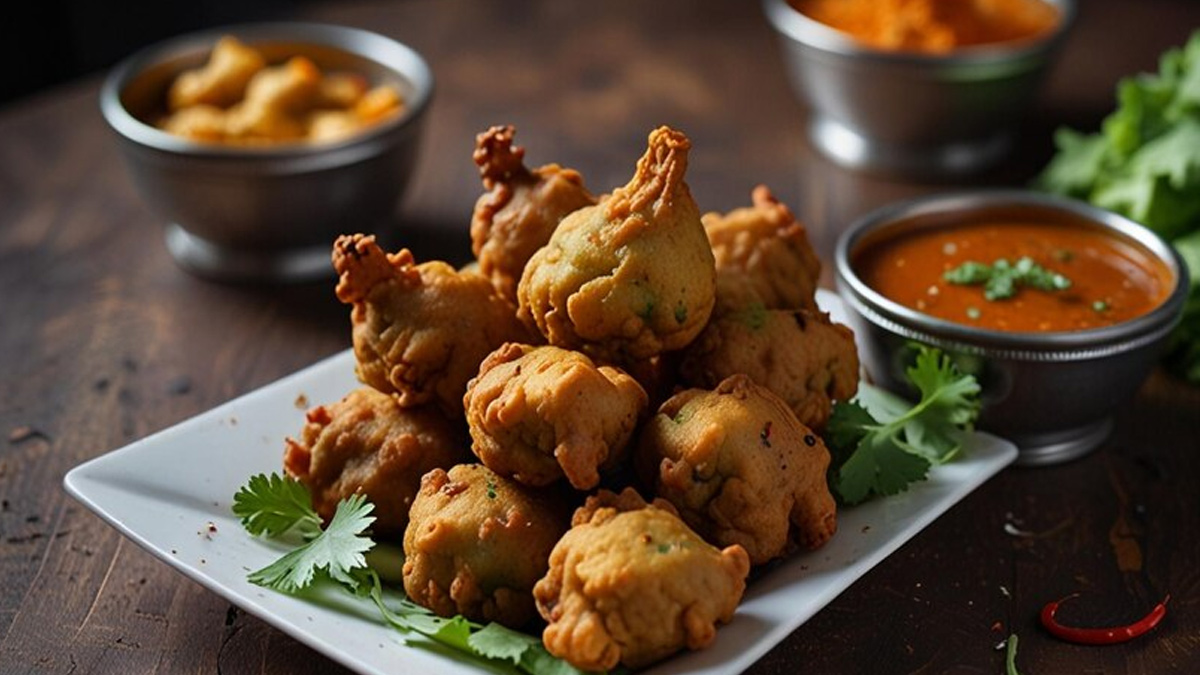
Pakoras, or fritters, are another beloved Indian snack, often served during monsoons or festive occasions. These are made by dipping vegetables like potatoes, onions, or paneer in a spiced gram flour batter and then deep-frying them. While the base ingredients might seem healthy, the deep-frying process makes pakoras high in calories and saturated fats. Research has shown that regularly consuming deep-fried foods can contribute to weight gain and increase the risk of cardiovascular diseases. If you’re looking for a healthier version, try air-frying or baking your pakoras.
Also read: Why Should You Avoid Fried Foods In Summer?
3. Bhujia
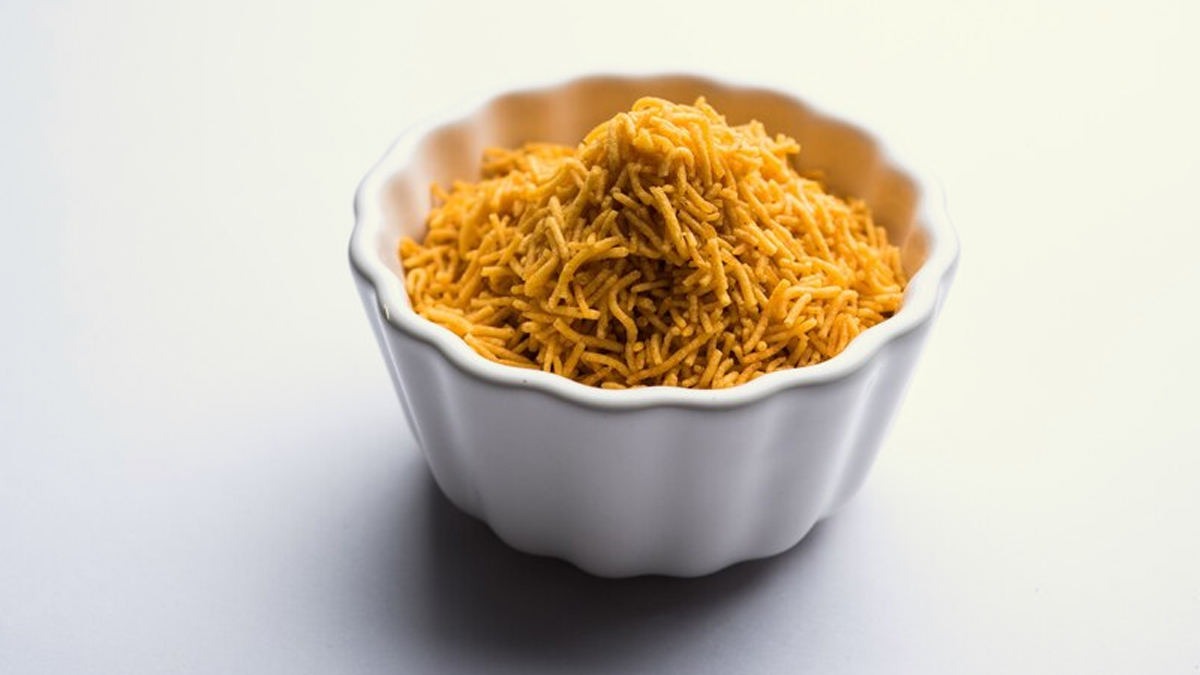
Bhujia is a popular snack made from gram flour and spices, shaped into thin, crunchy strands, and deep-fried. It’s often enjoyed with tea or as a topping on various dishes. However, bhujia is loaded with unhealthy fats and salt. A small serving can contain high levels of sodium, which according to studies can contribute to high blood pressure and other cardiovascular problems. Additionally, the trans fats present in bhujia can lead to increased bad cholesterol (LDL) levels. Instead, try roasted or baked snacks with minimal salt to satisfy your craving for something crunchy.
4. Chole Bhature
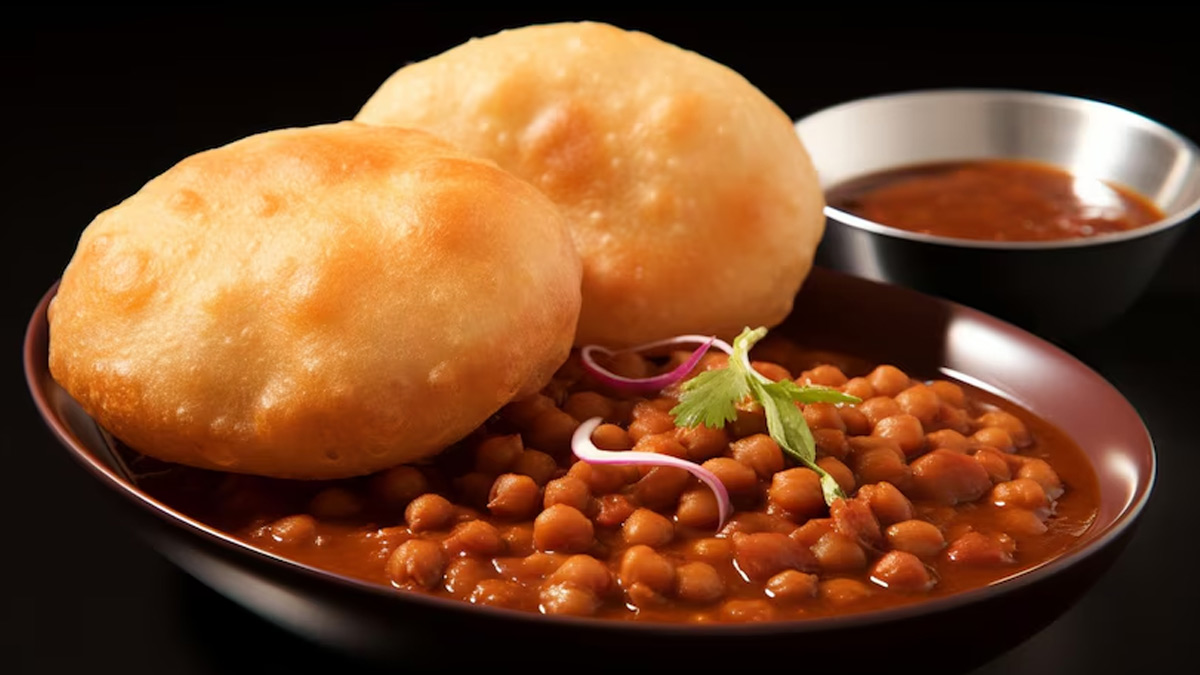
Chole Bhature is a popular North Indian dish, often enjoyed as a breakfast or brunch option. It consists of spicy chickpeas (chole) served with fluffy, deep-fried bread (bhature). While chickpeas are nutritious, the bhature is typically made from refined flour and fried in large amounts of oil, making this dish extremely high in calories and unhealthy fats. Regular consumption can lead to weight gain and digestive issues. If you love chole bhature, try pairing your chole with whole wheat bread or steamed rice instead.
Also read: How To Tackle Junk Food Addiction In Kids Amid Rising Cases Of Childhood Obesity
5. Vada Pav
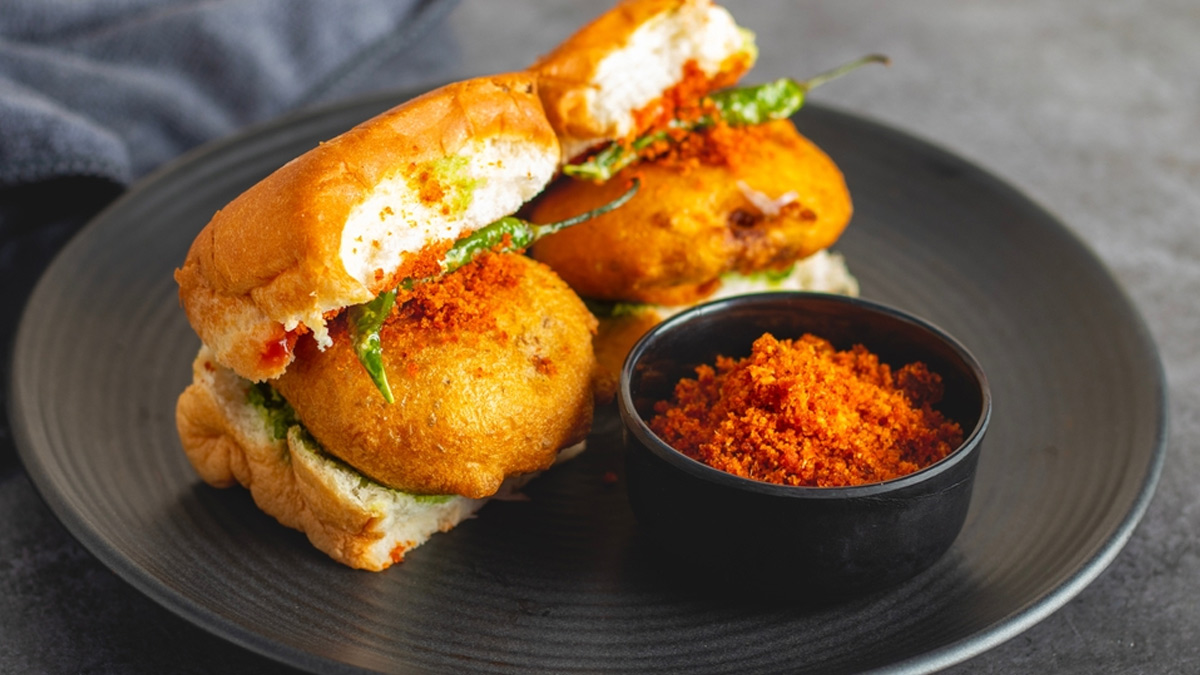
Vada Pav, often called the Indian burger, is a popular street food, especially in Maharashtra. It consists of a spicy potato fritter (vada) placed inside a bun (pav) and is typically served with fried green chilies and chutneys. While it may seem like a quick and tasty snack, vada pav is high in carbohydrates, unhealthy fats, and calories due to the deep-fried vada and refined flour bun. It can contribute to weight gain and elevate cholesterol levels. For a healthier alternative, consider grilling the vada and using whole grain bread.
Conclusion
While indulging in these snacks occasionally is fine, regular consumption can lead to serious health issues. The key is moderation and opting for healthier versions when possible. Instead of deep-frying, try baking or air-frying. Swap refined flour for whole grains and use healthier cooking oils like olive or coconut oil. Remember, a balanced diet is crucial for maintaining good health. So, the next time you’re tempted by a plate of hot samosas or a crispy vada pav, think twice and make a healthier choice!
